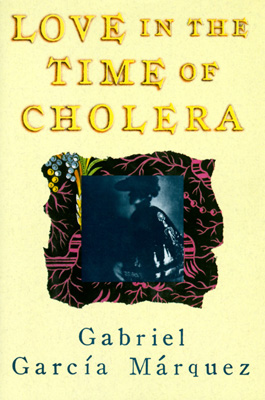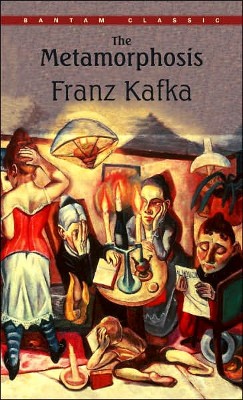Laboratory work is glorified cooking with tubes, curets, centrifuge. My nature predisposes me to revelations of the amateur: such as a neat, acid-fast, stained impression of the invisible world or a variation from an anatomical outline in books with a forearm's depth in viscera. What I don't like is when other people cannot or will not enact that naked moment--the steadiness of the hands and the closed, unperforated body wincing beneath dissolves into tedious details. Programmed behavior. Cooking or engine maintenance requires this mindfulness, and yet, the appellations of "Normal Westergren Ranges" or "bain-marie" (the sticky wickets of technical language) do not break this indeterminacy of thought vital to probing the depths of active but obscure processes.
Why whip egg whites in a copper bowl?
When I hear someone's name attached to a solution I think of Borodin, for example, and the amount of suffering into exquisite disciplines. That being said, I got my hands on a technician's laboratory manual from the 80's complete with photographs and typed sans-serif explanations of test, retesting.
Addition by Subtraction, and then the skull gives way to a tangle of roots. I just recently realized how much I enjoy transgressing the boundaries of flora and fauna. I remember someone telling me that if I want to pay attention to the shapes of things in order to draw them, try turning all the framed pictures in a room upside down. Without your schemas in place, the shapes reemerge all of a sudden, so clear.
I just bought Jorie Graham's Sea Change and I could spend all afternoon reading "Nearing Dawn" or "Day Off" or "Root End." Its spring publication parallels my decision to work through the night, which is usually when I am most active if not mentally but physically, rather than spend long days wishing I was doing something else. At night, I feel like the raccoon or deer or opposum lumbering through the backyard; overly cautious to make it to sleeptime with senses intact because "...you have a wild unstoppable rumor for a soul..." (SC 39). The night also gives me an acute, if not paranoiac, awareness of the back of my head.
More of my whereabouts, when I put down the books. I wonder if I can write 64 paragraphs?
 Why is it that I identify with Vladimir Nabokov's Pale Fire ? The 999-line poem and the commentary calls into question the writing enterprise. If the poet was coloring his life story, then it is likely that the commentator, who reads himself into the detached tragedy of a small town professor of literature, is distorting the "facts" to monumentalize this life, too. From this strange project I can see how literature can ruin your life as another form of substance abuse. The distressing ease with which John Shade can elide over his daughter's suicide or his wife's massive stroke isn't helped by the lovely, assonantal lines. Hard-earned artifice doesn't seem to be worth very much; just another hobbyhorse to be fiercely ridden in the same place, at a different time.
Why is it that I identify with Vladimir Nabokov's Pale Fire ? The 999-line poem and the commentary calls into question the writing enterprise. If the poet was coloring his life story, then it is likely that the commentator, who reads himself into the detached tragedy of a small town professor of literature, is distorting the "facts" to monumentalize this life, too. From this strange project I can see how literature can ruin your life as another form of substance abuse. The distressing ease with which John Shade can elide over his daughter's suicide or his wife's massive stroke isn't helped by the lovely, assonantal lines. Hard-earned artifice doesn't seem to be worth very much; just another hobbyhorse to be fiercely ridden in the same place, at a different time.Excerpted from Canto 1:
I was brought up by dear bizarre Aunt Maud,
A poet and a painter with a taste for
For realistic objects interlaced
With grotesque growths and images of doom.
She lived to hear the next babe cry. Her room 90
We've kept intact. Its trivia create
A still life in her style: the paperweight
Of convex glass enclosing a lagoon,
The verse book open at the Index (Moon,
Moonrise, Moor, Moral), the forlorn guitar,
The human skull; and from the local Star
A curio: Red Sox Beat Yanks 5-4
On Chapman's Homer, thumbtacked to the door.
My God died young. Theolatry I found
Degrading, and its premises, unsound. 100
No free man needs a God; but was I free?
How fully I felt nature glued to me
And how my childish palate loved the taste
Half-fish, half-honey, of that golden paste!

































